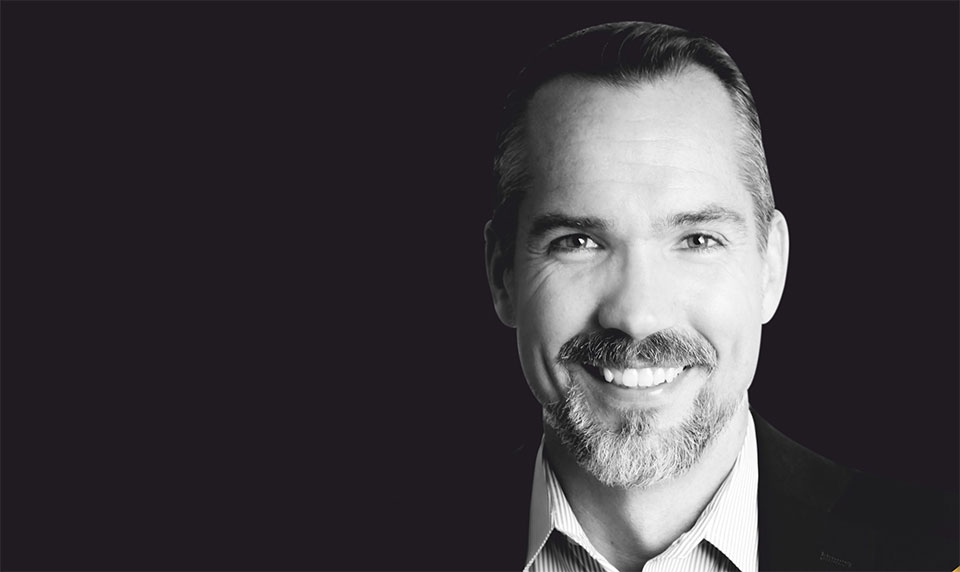Three Reasons to Add a Chief Risk Officer to Your C-Suite

The era of the chief risk officer (CRO) is upon us.
Disruptions across the world are spurring changes in risk oversight and leading many organizations to think long and hard about adding a CRO. Consider the numbers: LinkedIn reports the number of CROs in the U.S. is rising. The RIMS 2020 Enterprise Risk Management Benchmark report shows that 20% of surveyed organizations have changed how they govern and oversee risk management.
While those numbers are far from a groundswell, they represent positive — and much needed — growth in enterprise risk leadership.
The case for a CRO should be abundantly clear by now. Today’s business landscape is fraught with uninsurable risk. Pandemics aside, the increasing sophistication of third-party risks pose a threat to business operations, performance, reputation, and growth.
CROs have the vantage point to see risk holistically across the organization. CROs have the expertise – and the clout – to advise the rest of the C-suite about the total and strategic impact of insurable and noninsurable threats and offer guidance on how to prepare and respond. Who wouldn’t want a CRO in their corner?
Tapping a CRO in 2021 is a smart move. Here are three distinct ways CROs add value.
- CROs bring big-picture thinking.
CROs focus on strategy, not execution. They step back from the day-to-day and think more broadly about risk, its impact, and how the organization addresses exposures.
Do you have the right people, processes, and technology to manage risk effectively? How do events on one side of the business affect the other? Are your risk models accurate? What’s happening outside of your four walls that could impact your company?
CROs think about questions like this all day, every day. They bring this thinking to the executive table and ensure everyone understands the potential risk outcomes of the decisions and investments they make. - CROs smash siloes.
Chances are your organization remains largely siloed. Disparate teams and data plague most companies and risk functions. Breaking down the walls between departments is core to resiliency – and that’s easiest to do when it’s directed from the top. You can’t act quickly during a disruption without centralized, reliable information and organizational-wide collaboration.
CROs break down siloes and enable teams across the enterprise to work together as a cohesive unit. The CRO is an authoritative voice that sets expectations and unites people, processes, and technology under one common risk strategy. They help you get more out of your investments and resources and equip you to make smarter decisions by elevating above and beyond departmental needs to look at the total impact of risk. - CROs set risk culture.
CROs are invaluable for building resilient, risk-aware cultures. They know how to identify, prioritize, and mitigate emerging risks – and more importantly, how to build a company that factors risk into every decision.
One of the main differentiators in resilient organizations is that the business of managing risk is considered everyone’s job. With everyone on the lookout for emerging risks and changing conditions, it’s easier to catch issues early. A CRO’s leadership is instrumental in building a culture that spots and responds to early warning signs before they expand into exponentially greater problems.
Why hire a CRO now?
Adding a CRO shows everyone – your team, partners, investors, and more – that you are serious about effectively managing risks and building resilience. The ability of a CRO to think big picture, advise C-level peers, and set and lead the organization’s risk strategy and culture is indispensable in today’s landscape.
The pandemic may be waning, but there’s always another disruption around the corner. Prepare now by investing in a CRO. If you hire the right one, the investment will pay for itself and then some. You’ll be well-positioned to get ahead while all your competitors scramble to navigate the next disruption.
Written by Jim Wetekamp.
Have you read?
Best Hospitality And Hotel Management Schools In The World For 2021.
Best Fashion Schools In The World For 2021.
Best Business Schools In The World For 2021.
Best Medical Schools In The World For 2021.
Follow CEOWORLD magazine on Facebook, Twitter, Instagram, and LinkedIn.
Add CEOWORLD magazine to your Google News feed.
Follow CEOWORLD magazine headlines on: Google News, LinkedIn, Twitter, and Facebook.
This report/news/ranking/statistics has been prepared only for general guidance on matters of interest and does not constitute professional advice. You should not act upon the information contained in this publication without obtaining specific professional advice. No representation or warranty (express or implied) is given as to the accuracy or completeness of the information contained in this publication, and, to the extent permitted by law, CEOWORLD magazine does not accept or assume any liability, responsibility or duty of care for any consequences of you or anyone else acting, or refraining to act, in reliance on the information contained in this publication or for any decision based on it.
Copyright 2024 The CEOWORLD magazine. All rights reserved. This material (and any extract from it) must not be copied, redistributed or placed on any website, without CEOWORLD magazine' prior written consent. For media queries, please contact: info@ceoworld.biz
SUBSCRIBE NEWSLETTER








